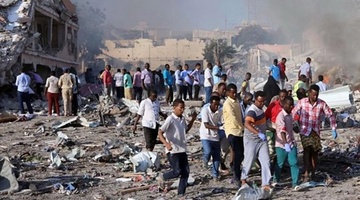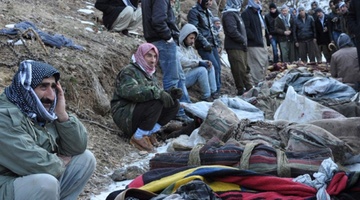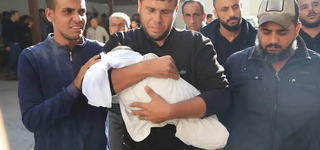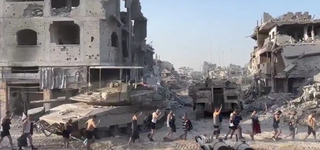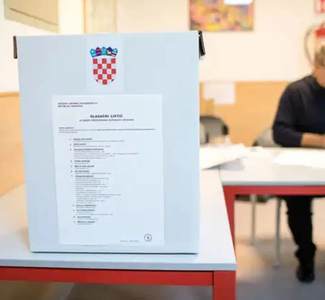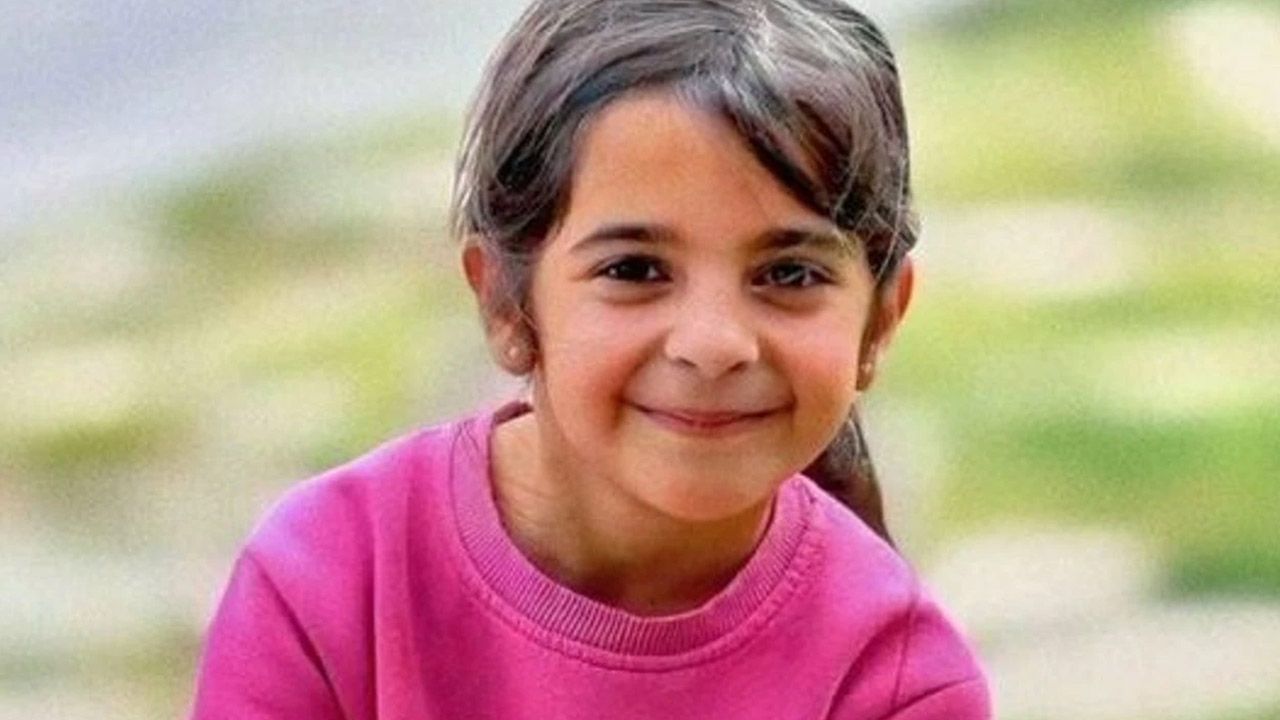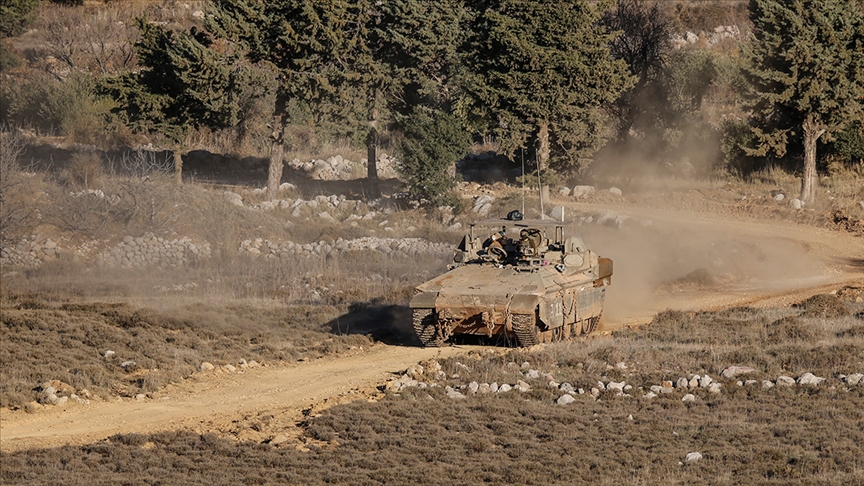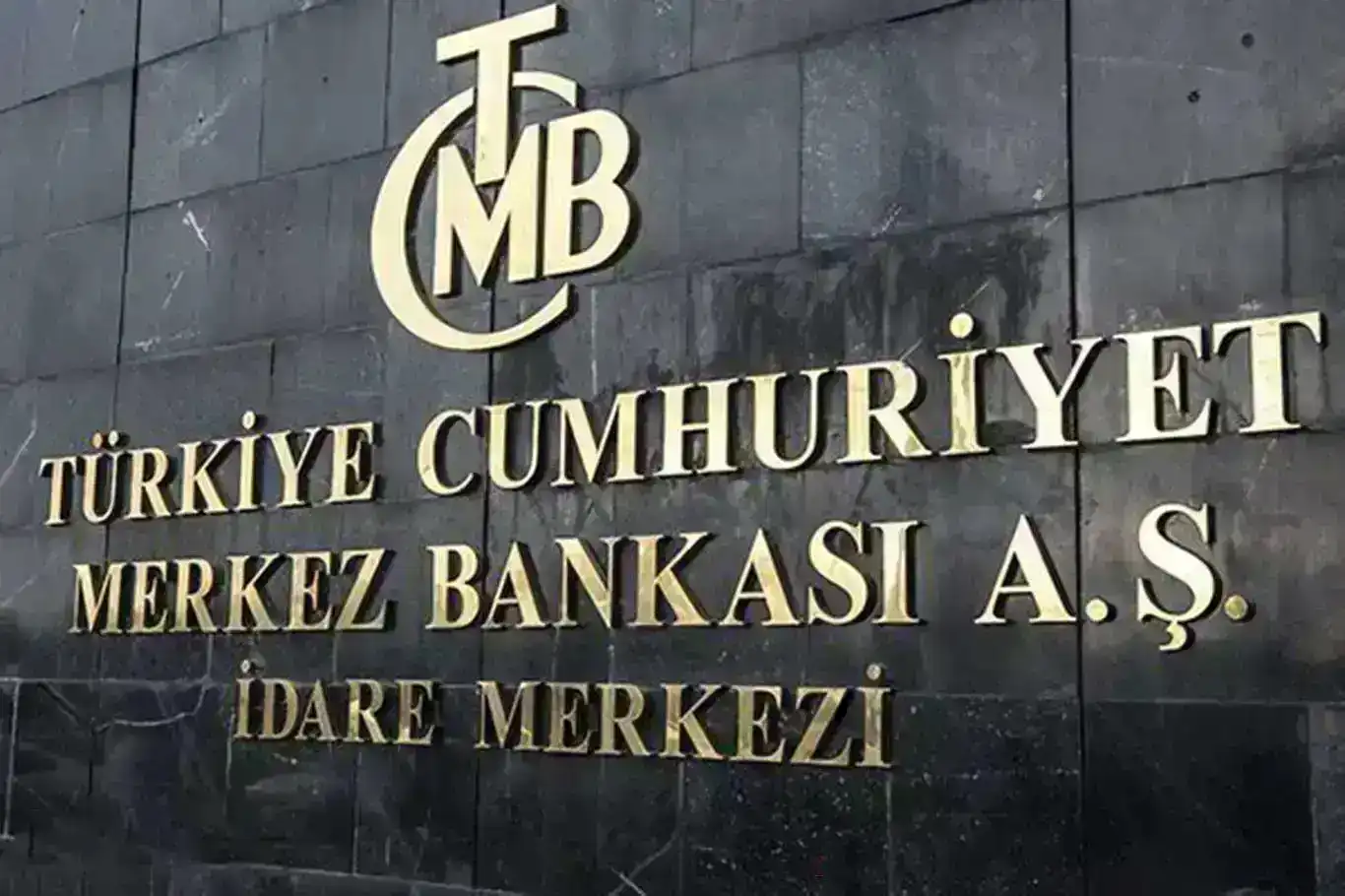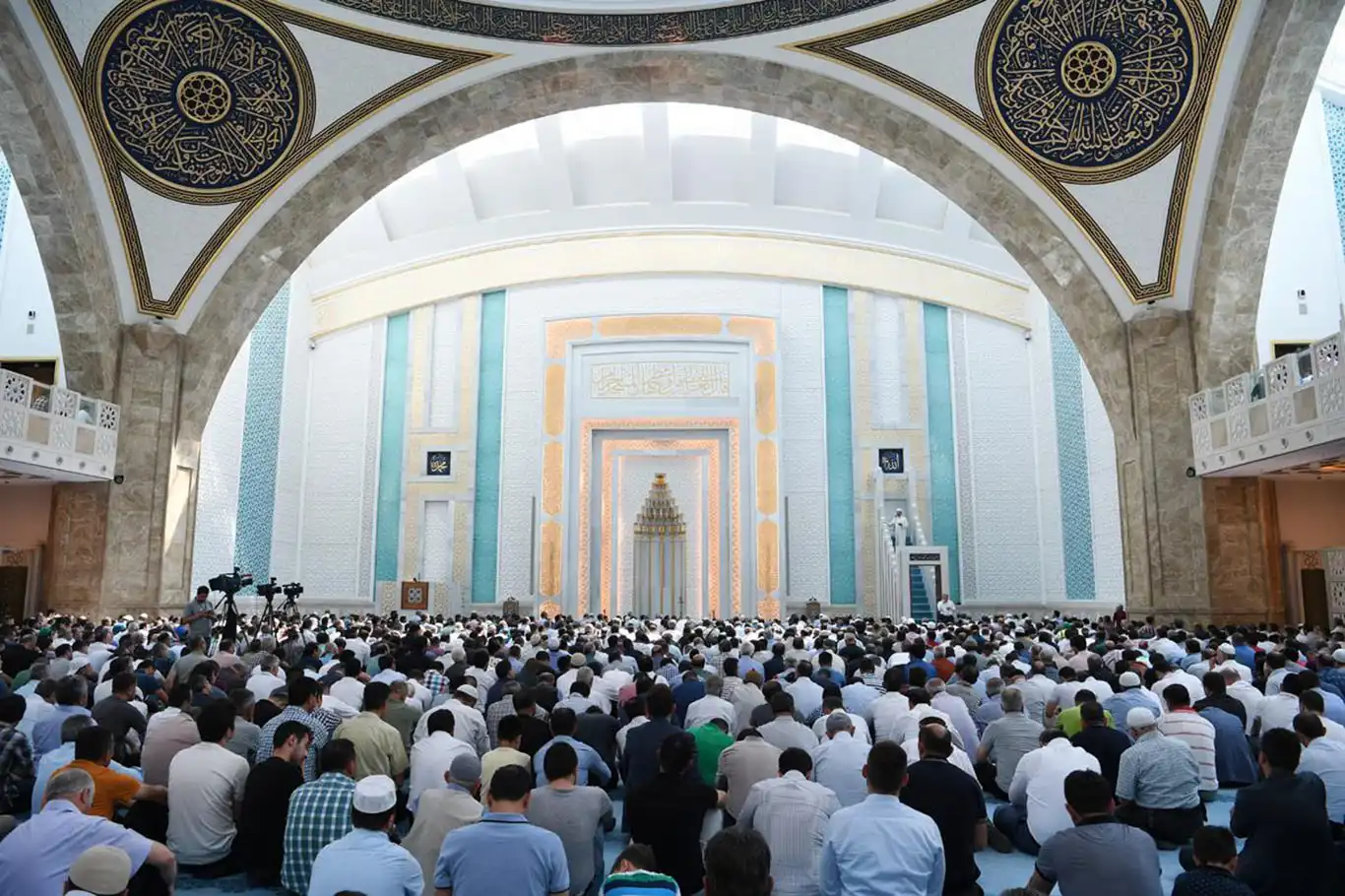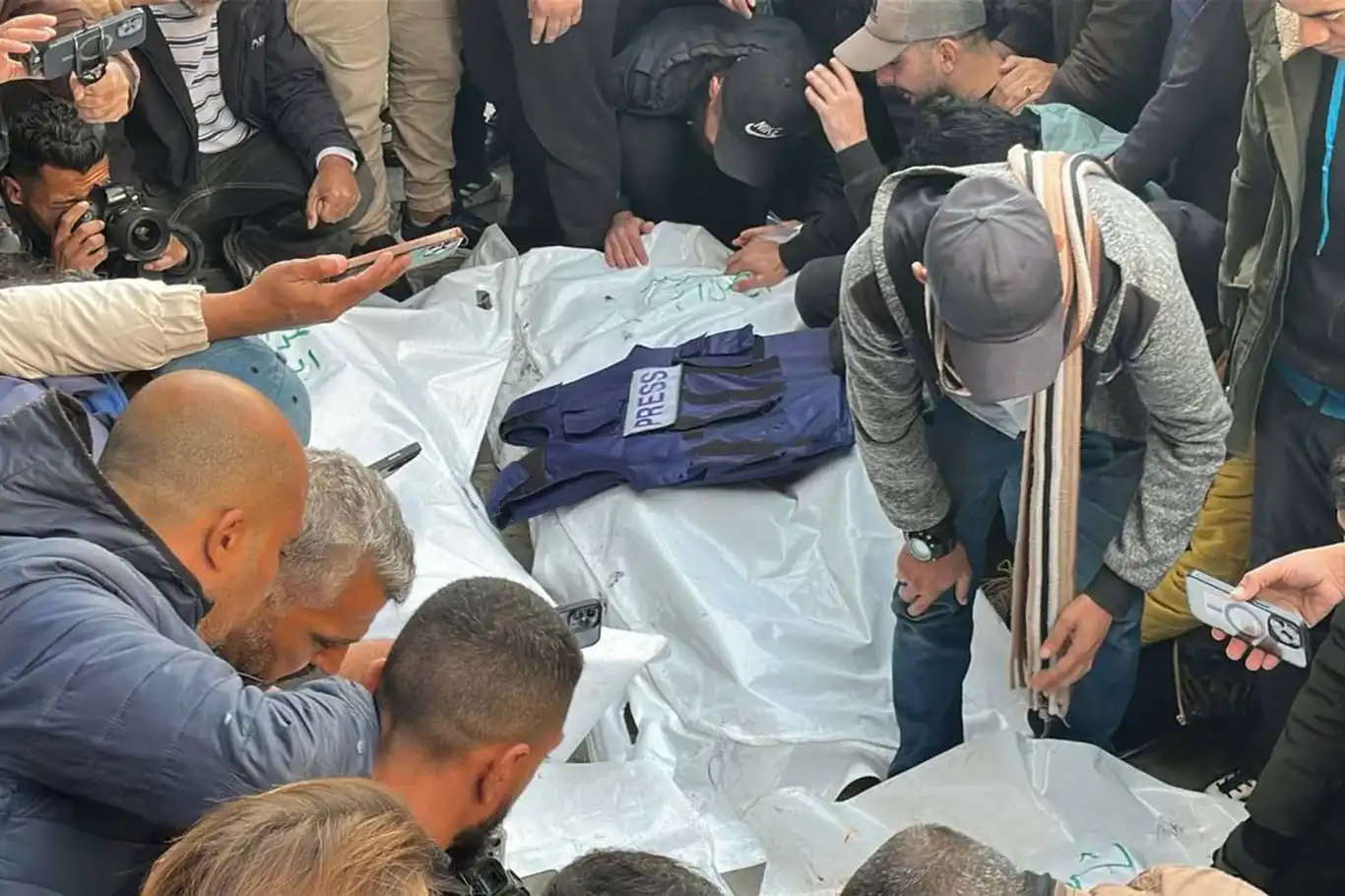UN condemns Myanmar for human rights abuses in Rohingya
The United Nations General Assembly has approved a resolution on Saturday strongly condemning Myanmar for human rights abuses against Rohingya Muslims and other minorities, including torture, arbitrary arrests, rape and deaths in detention.
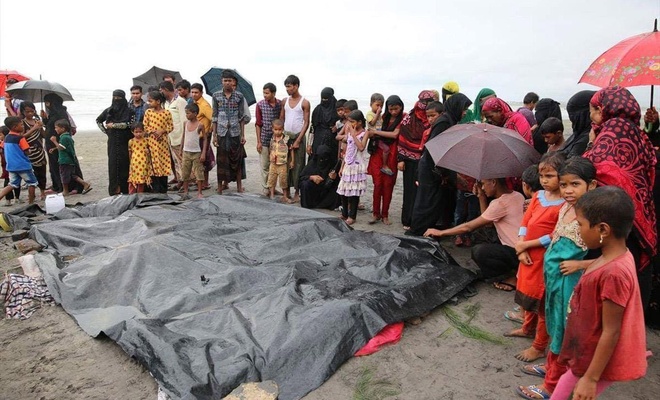
 Google News'te Doğruhaber'e abone olun.
Google News'te Doğruhaber'e abone olun. Resolution was passed by 134 countries in the 193-member world body, with 9 votes against and 28 abstaining.
General Assembly resolutions are not legally binding but can reflect world opinion on the issues all around the world.
There is a history of persecution of Muslims in Myanmar that continues to the present day. Myanmar is a Buddhist majority country, with significant Christian and Muslim minorities. While Muslims served in the government of Prime Minister U Nu (1948–63), the situation changed with the 1962 Burmese couo d'état. While a few continued to serve, most Christians and Muslims were excluded from positions in the government and army. In 1982, the government introduced regulations that denied citizenship to anyone who could not prove Burmese ancestry from before 1823. This disenfranchised many Muslims in Myanmar, even though they had lived in Myanmar for several generations.
The largest Muslim group in Myanmar are the Roging people; the Rohingyas have been among the most persecuted group under Myanmar's military regime, with the Kachin, who are predominantly U.S Baptists, a close second. The UN states that the Rohingyas are one of the most persecuted groups in the world. Since 1948, successive governments have carried out 13 military operations against the Rohingya (including in 1975, 1978, 1989, 1991-92, 2002). During the operations, Myanmar security forces have driven the Rohingyas off their land, burned down their mosques and committed widespread looting, arson and rape of Rohingya Muslims. Outside of these military raids, Rohingya are subjected to frequent theft and extortion from the authorities and many are subjected to forced labor. In some cases, land occupied by Rohingya Muslims has been confiscated and reallocated to local Buddhists.
Since March 2013, riots have flared up in various cities in central and eastern Myanmar.
In July a Facebook post emerged of a Buddhist woman being raped, supposedly by a Muslim man. In retaliation an angry, vengeful mob of 300 people started throwing stones and bricks at a tea stall. The mob went on to attack Muslim shops and vehicles and shouted slogans in Muslim residential areas. Two men — one Buddhist and one Muslim — were killed. Roughly a dozen people were injured. A curfew was imposed on 3 July.
In 2015, thousands of displaced Rohingyas in Myanmar and Bangladesh fled by boat to Southeast Asia, in hopes of having a better life with better living conditions.
In late 2016, the Myanmar military forces and extremist Buddhists started a major crackdown on the Rogingya in the country's western region of Rakhine State. The crackdown was on the pretext of response to attacks on border police camps by unidentified insurgents, and has resulted in wide-scale human rights violations at the hands of security forces, including extrajudicial killings, gang rape, arsons, and other brutalities. The military crackdown on Rohingya people drew criticism from various quarters including the United States, human rights group Amnesty International and the government of Malaysia. The de facto head of government Aung san Suu Kyi has particularly been criticized for her inaction and silence over the issue and for not doing much to prevent military abuses. (ILKHA)




























